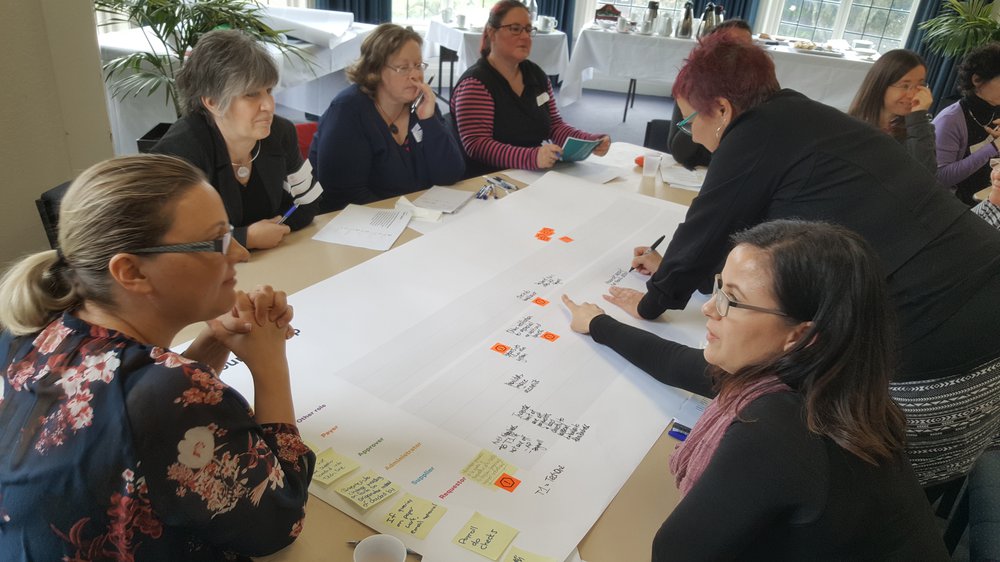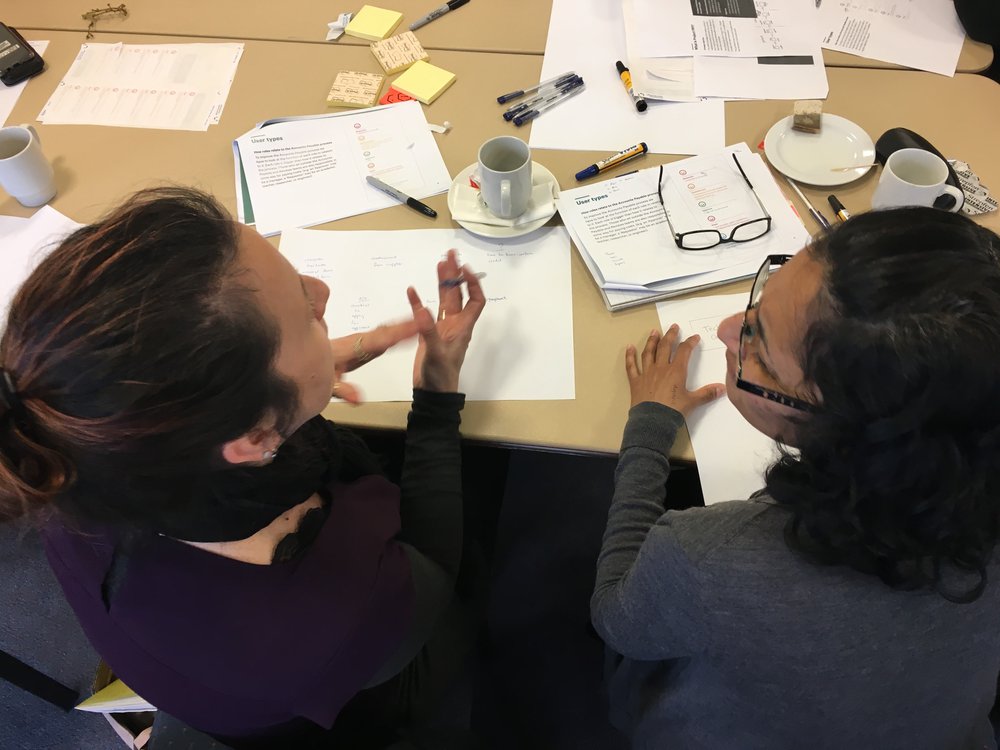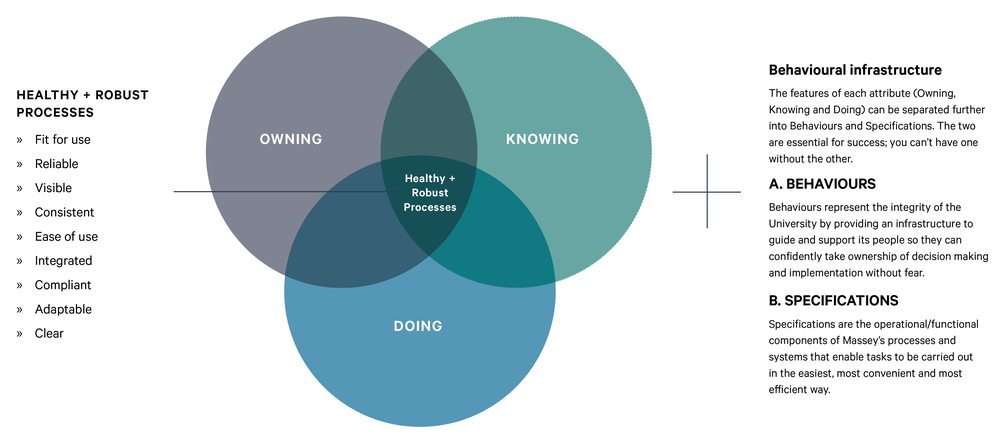PIPI — People Informed Process Improvement
PIPI —
People Informed
Process Improvement
As part of its 2018-22 strategic plan, Massey University committed to prioritising the redesign of its business processes to work better for people who depend on them. Toi Āria was engaged to explore potential solutions to improve the University’s purchase-to-pay process. The project entitled PIPI (People Informed Process Improvement) was the first human-centred approach to process design within the organisation.
As is our usual approach, we worked alongside staff members to identify the challenges of the existing process and investigate possible improvements. By ‘walking in their shoes’ we could see below the surface to understand what was going on. This approach helped many staff members feel that they were being listened to, and their contributions valued.
“Being heard as an end-user of the product and being asked what we thought is an approach that should be a way forward for Massey. Particularly as it pertains to the systems and the people who use them on a daily basis.”

Engagement took place across all campuses, colleges and portfolios in the form of semi-structured one-on-one interviews, observations, workshops, journey maps, and prototype design. Staff members were able to see how their actions impacted others, and why many of the process requirements were in place. It made the purchase-to-pay process transparent.
“Hearing that others were facing the same issues as I did was one of the most useful aspects of the workshop.”

Different user types were identified, each with its own responsibilities. All users experienced challenges with the purchase-to-pay process. While their roles set all expectations, for some, a modern-day standard (digital not paper-based processing, real-time transactions) drove different expectations. In contrast, for others, fear of non-compliance drove a rigid focus on process rather than on supporting people. We learned that not only was everyone experiencing challenges, but that it was a fault of the system rather than the individual, and that any improvements needed to cater to all users.
“I’m just trying to get things done. I want to finish this task, and I hate having to wait.”

Workshops allowed us to brainstorm ideal processes based on real-life scenarios. By having all user types involved, we were able to consider all their needs against each idea. They also highlighted the specifications required of any process or digital system eventually implemented by the university.
The findings identified three sets of crucial components necessary for a successful purchase-to-pay process:
- Ownership — Everyone is collectively and individually responsible and accountable for knowing what is required of them.
- Knowledge — There is clarity around the best ways of purchasing and paying for the specific things needed for their work.
- Doing — Processes and systems for purchase and payment are easy to use and instinctively compliant.

From this work an Issues Register was produced, which outlined the specifications of an ideal purchase-to-pay process. Specifications described the existing challenge it was addressing as well as its cause, and the recommended improvement based on the interviews and workshops. The Issues Register was recommended as a set of criteria against which the university could consider potential digital system offerings.

